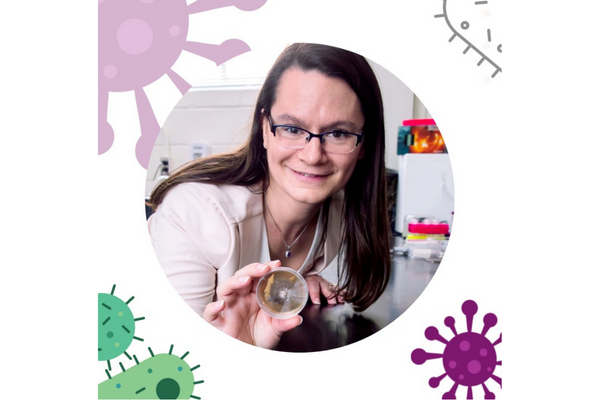Synthetic Compartments Stop Pathogens from Sharing Antibiotic Resistance Genes
Biomedical engineers at Duke University have demonstrated a new synthetic approach to controlling cellular biochemical processes
Warmer Climate May Drive Fungi to Be More Dangerous to Our Health
The world is filled with tiny creatures that find us delicious. Bacteria and viruses are the obvious bad guys, but the pathogens we haven’t had to reckon with as much – yet – are the fungi.
New Blood Test is More Accurate in Identifying Osteoarthritis Progression
A new blood test that can identify progression of osteoarthritis in the knee is more accurate than current methods
Mouse lemur genomes shed light on climate as a driver of speciation
Sure, lemurs are adorable. With their big eyes, some even look like they belong in a Disney forest. But that is definitely not what drives Anne Yoder’s passion to research these primates. She is interested in them at a genomic level.
Starting a Microbial Revolution
Where most see microbes as an adversary to be destroyed posthaste, Claudia Gunsch has always seen potential.
Brains, Hearts, and Sudden Deaths: Following Discoveries Made From Rare Disease Pilot Grants
The Precision Genomics Collaboratory collaborated with the Duke Center for Combinatorial Gene Regulation to award three $20,000 pilot grants in August 2021. These grants focused on investigating the role of whole exome and whole genome sequencing in human cohorts with rare diseases. Now, after over a year of work, these researchers are beginning to find answers to big questions.
New Year, New NextSeq
The Sequencing and Genomic Technologies core facility has acquired a new sequencing platform.
Duke Health Joins with nference to Advance Medical Research and Patient Care
Duke Health is building upon its longstanding history of innovative research by joining with nference to transform healthcare by making biomedical knowledge computable.
Four Genes Identified as Heightening Risk of Suicidal Thoughts/Actions
A large study of military members led by researchers at Duke Health and the Durham VA identified four genes that are linked to an increased risk of suicidal thoughts and behaviors.
Gersbach Named to National Academy of Inventors
Charlie Gersbach has been elected Fellows of the National Academy of Inventors class of 2022.









